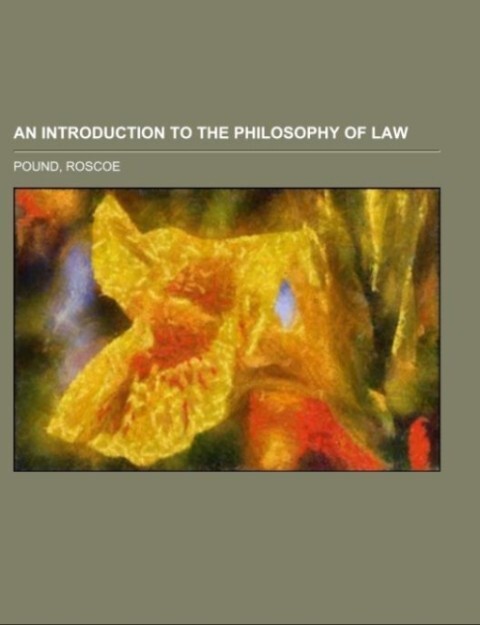
Zustellung: Fr, 22.08. - Mo, 25.08.
Versand in 2 Tagen
VersandkostenfreiExcerpt: ...on this postulate. Is it not another such postulate that in civilized society men must be able to assume that their fellow men, when they act affirmatively, will do so with due care, that is with the care which the ordinary understanding and moral sense of the community exacts, with respect to consequences that may reasonably be anticipated? Such a postulate is the basis of delictal culpa, using culpa in the narrower sense, and of our doctrine of negligence. In Roman law and at one time in our law attempts were made to develop this postulate contractually. If in a transaction involving good faith-that is an informal legal transaction-one's conduct fell short of action to which the other party was justified by the understanding of upright men in expecting him to adhere, there was contractual culpa; there was a violation of a promise implied in the transaction and consequent liability. We borrowed something of this mode of thought from the Romans in our law of bailments and Pg 171 hence think indifferently in terms of tort or contract in that connection, although historically our action for such cases is delictal. In other connections also our law for a time sought to develop this postulate contractually by means of an "implied undertaking to use skill" for which one must answer if his skill fell short of that which the legal standard of affirmative conduct called for under the circumstances. Also in the Year Books an undertaking implied in certain relations or callings to use the skill or diligence which the relation or calling demanded is often made the basis of liability. But here the basis of liability must be found in a relation. The fiction of an undertaking to use the skill or diligence involved in a relation or calling is a juristic way of saying that one who deals with another in such a relation or with another who professes such a calling is justified in assuming the skill and diligence ordinarily involved therein, so that the...
Produktdetails
Erscheinungsdatum
01. November 2017
Sprache
englisch
Untertitel
Paperback.
Sprache: Englisch.
Seitenanzahl
58
Autor/Autorin
Roscoe Pound
Verlag/Hersteller
Produktart
kartoniert
Gewicht
134 g
Größe (L/B/H)
246/189/4 mm
Sonstiges
Paperback
ISBN
9781153649032
Entdecken Sie mehr
Bewertungen
0 Bewertungen
Es wurden noch keine Bewertungen abgegeben. Schreiben Sie die erste Bewertung zu "An Introduction to the Philosophy of Law" und helfen Sie damit anderen bei der Kaufentscheidung.








